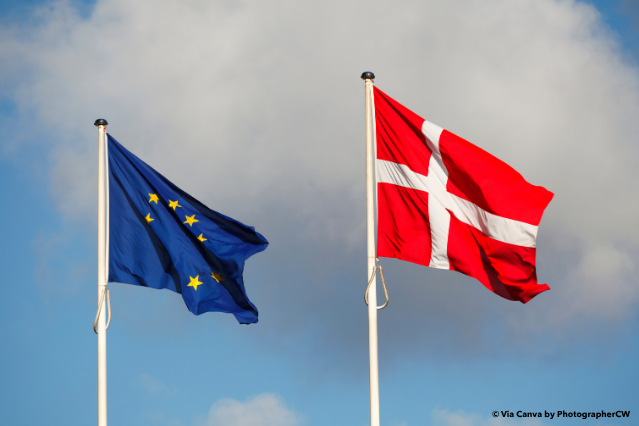
On 19 June, Denmark unveiled its priorities for its upcoming Presidency of the Council of the European Union, which it will hold for six months starting on 1 July. Under the motto “A Strong Europe in a Changing World,” the Danish Presidency has put the building of a more secure, competitive and green Europe, in a context marked by global uncertainty, strategic rivalry and intensified economic competition, at its core, continuing the main strategies of the Union. In presenting its priorities, the Danish government emphasised that the green transition must be closely linked to strengthening Europe’s economic and strategic resilience and called for securing stable supply chains, bolstering economic security and enhancing the EU’s position on the world stage. In addition, it was notably emphasised that research and innovation remain central to future growth.
Looking at the work planned within the Competitiveness Council, the Danish Presidency will continue to carry forward the current priorities of the European Commission, focusing on simplifying regulation and reducing administrative burdens for businesses and stakeholders, with the aim of creating a clearer regulatory environment. At the same time, Denmark plans to promote an industrial policy that leverages the EU’s strengths in green technology and supports both investment and technological development. Closing the innovation gap in critical areas such as artificial intelligence, quantum computing, biotechnology and space technology is also expected to be an important focus over the next six months. In that regard, Denmark will work on the EU Innovation Act, with preparations set to start by the fourth quarter of the year.
Regarding its work in the Energy Council, Denmark has announced its intention to support initiatives that strengthen Europe’s energy security, improve competitiveness and accelerate the green transition. This includes ensuring access to clean, affordable energy, furthering the EU’s independence from Russian energy and continuing efforts towards the decarbonisation of European industry, as laid out in the Clean Industrial Deal. During Denmark’s tenure at the helm of the Council of the EU, the Industrial Decarbonisation Accelerator Act and the Trans-Mediterranean Energy and Clean Tech Cooperation Initiative are notably expected to be published by the European Commission.
Denmark also commits to continuing efforts to reduce Europe’s environmental footprint and cut greenhouse gas emissions, pledging to push for environmental ambition and climate leadership. A central goal in this regard will undoubtedly be making progress on the thorny negotiations regarding the EU’s 2040 climate target, to be presented by the European Commission on 2 July, the second day of the Presidency. This key milestone on the path to climate neutrality by 2050 promises to be a contentious topic among Member States, some of whom have already started to advocate for a less ambitious target than the initial objective of reducing the EU’s carbon emissions by 90 per cent. In addition, on the international stage, Denmark will oversee the EU’s engagement in multilateral forums, including COP30, which will take place from 11 to 22 November in Belém, Brazil.
Finally, a significant file during Denmark’s presidency will be negotiations on the Multiannual Financial Framework (MFF), with the European Commission’s proposal for the EU’s seven-year budget for 2028 to 2034 scheduled to be presented on 16 July. While negotiations are expected to continue well beyond the Danish Presidency, the country will likely initiate the initial discussions on the topic. In an interesting development, marking a departure from its previously notoriously frugal stance, Denmark has indicated that it would not oppose efforts to expand the EU’s long-term budget or to issue additional common debt, as stated by Copenhagen’s ambassador to the EU.